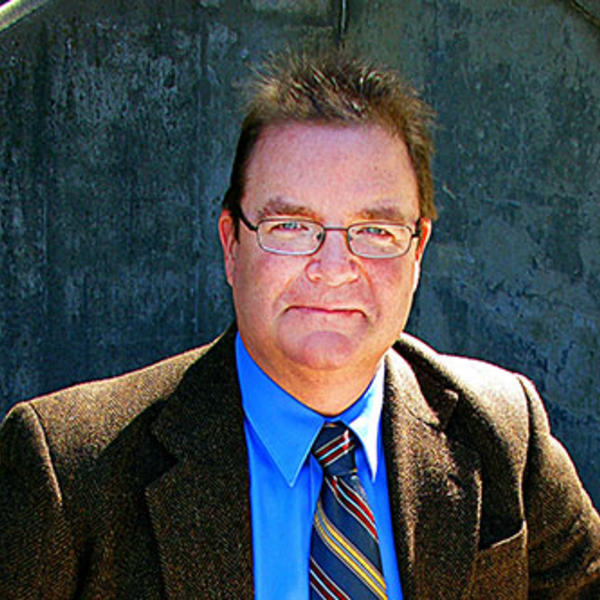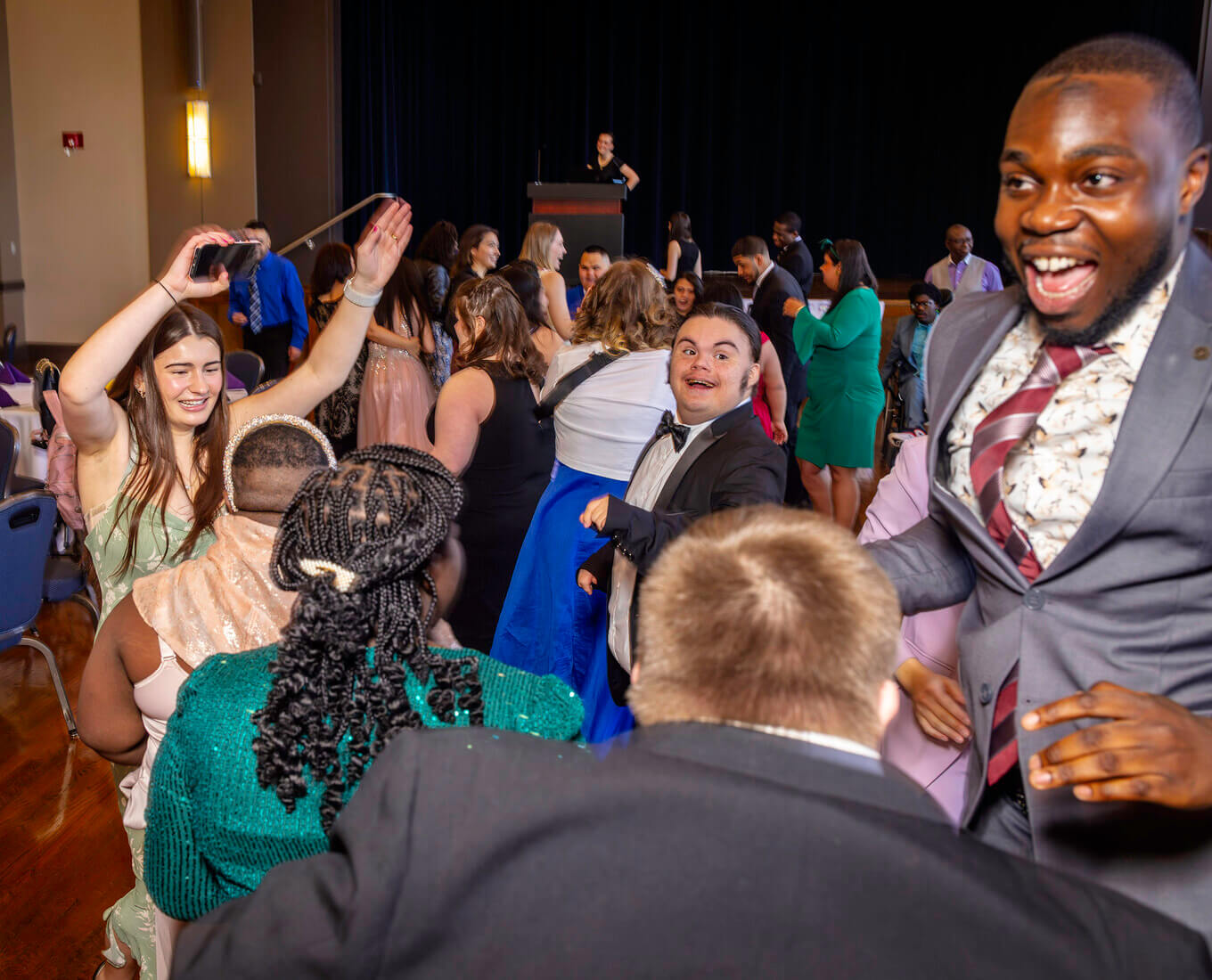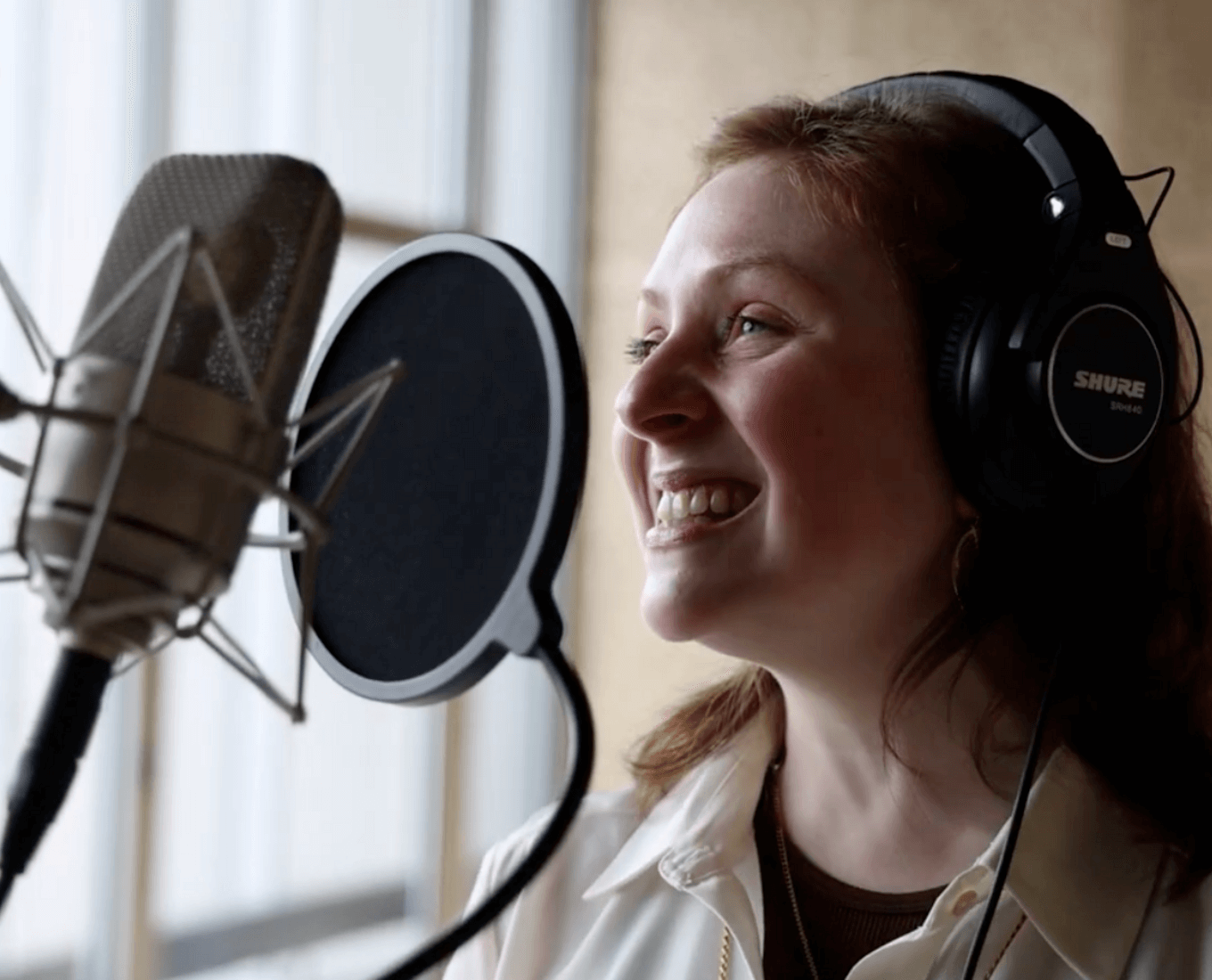Anthony Cashman has been the director of the College’s Office of Distinguished Fellowships and Graduate Studies since 2008, helping students apply for top national and international scholarships and awards. Last year he helped six Holy Cross students and alumni secure Fulbright grants.
Cashman taught at Holy Cross between 2000 and 2002, and in different capacities at Duke University, Valparaiso University, Assumption College, and Harvard University. He is the author of several journal articles and has presented at many conferences in medieval and renaissance history. He received a B.A. in history from the University of California at Berkeley, and an M.A. and Ph.D. from Duke University. He himself is a former Fulbright Research Fellow and a recipient of awards from the Newberry Library and the Folger Shakespeare Library.
Why did you accept the position of director in the newly-created Office of Distinguished Fellowships and Graduate Studies?
I had been teaching full-time in Harvard University’s Expository Writing Program for the previous five years. I had also served as a first-year advisor there. A position in fellowships and graduate school advising combined these two enjoyable aspects of my years leading up to Holy Cross. I loved working with the students on their writing projects, and I found it exciting to help students plan their futures.
What does your office do?
The Office of Distinguished Fellowships and Graduate Studies has two primary responsibilities. First, I recruit students for the top national and international scholarships and fellowships and guide them through the process. Second, I serve as the general advisor for students who wish to attend graduate school, excluding law, medicine and health, and business, for which Holy Cross has separate advising offices. In both capacities, I help students formulate plans and work closely with them on their applications, including reading and commenting on application essay drafts.
My office also serves alumni, and we consistently have graduates who win awards through our office. Last year, for example, Ani Nalbandian ’09 won a Fulbright to teach English in Armenia, which she declined because she also won a two-year National Institutes of Health internship in a tissue-culturing laboratory at the NIH headquarters in Bethesda, Maryland. I am always excited to hear from alumni because they often have added valuable experiences and skills since their undergraduate days, and those assets help them discern their vocational paths and make them excellent candidates for fellowships and graduate school.
How do you see students’ interests in advanced study evolving?
The most important trend right now is globalization. Our students have intense interest in international affairs and the languages necessary to work throughout the world. Because our undergrads are learning Russian, Chinese, and Arabic, in addition to the traditionally taught languages, we are highly competitive for those fellowships that emphasize language and cultural exchange, most notably the Fulbright Scholarship, which provides one year of study or English teaching in most of the world’s countries. Even science majors, who could go directly into graduate programs, want to contribute to the international community, and these awards can provide those opportunities.
When should students interested in pursuing a national award or graduate program come to see you?
Ideally, a student should come to see me by the end of his or her first year or the beginning of the second year, because there are various undergraduate scholarships available, such as the Goldwater undergraduate science scholarship, the Critical Language Scholarship for summer language study, or the Truman Scholarship for public service, to name just a few. A savvy student could use one of these awards as a spring board to a post-baccalaureate honor. Of course, students in all classes should contact me, and I spend the bulk of my time working with seniors. Again, the sooner, the better.
Are there recommendations you make to students interested in receiving a national award (e.g., taking certain courses, getting involved in co-curricular organizations)?
I have lots of recommendations, and for that reason, the best course of action is to come and see me because I work individually with students to direct them toward their goals. But, more generally, I consistently find that scholarship and graduate committees are looking for several key components. Of course, the committee always wants a strong grade point average (and this varies by the award); it’s a simple way for application readers to thin out the pile of qualified applications that they receive. Once a student clears that hurdle, initiative seems to me to be the most important determinant.
Look, just about everyone applying is going to have professors writing glowing letters of recommendation, attesting to their students’ stellar academic records. And the tough part about this business is that those letters and academic records are, by and large, accurate. As I mentioned, all fellowships and grad programs have far more qualified applicants than they can reward.
Therefore, today’s applicants need to separate themselves from the pack through experiences, such as an internship where the student solves a difficult problem, a laboratory experience that results in a journal article, or some extra-curricular activity where the student accomplishes something transformative.
For the last several years, the Chronicle of Higher Education has reported that Holy Cross is among the top U.S. Producers of Fulbright Students. Why do you think our students have been so successful in receiving these national awards?
Well, we have a lot of talented individuals here, but that’s a given at a lot of schools. The values at Holy Cross have a lot to do with our Fulbright story. Our undergrads reflect both the values of a liberal arts education as well as the Jesuit ideal of living in the world. We have students in all disciplines who respond to St. Ignatius’ call to effect change throughout the world in whatever way you are called. We also have very strong foreign language programs here, and the addition of Arabic puts us ahead of many of our peer institutions.
Why does Holy Cross encourage students to apply for these fellowships and how do alumni characterize their experiences following their year abroad?
First, I should say that Holy Cross created the Office of Distinguished Fellowships and Graduate Studies as a full-time position, in part, to increase the College’s profile. When our students win national scholarships or get into prestigious graduate programs and go on to great things, their accomplishments spread the word about what a special place Holy Cross is.
However, beyond the public relations value, the more important reason that our office exists is to help students achieve their goals. Fellowships and graduate school are two of the ways in which our students further what they begin here at HC. The Fulbright, in particular, is like a capstone experience, where individuals live and work among people of different cultures and many of the things that our students have learned at Holy Cross come together in an unforgettable sort of applied learning experience.
One of our best examples of this from the past several years is Jerry Dickinson ’09, who won a Fulbright grant to extend his senior thesis on public housing policy in the U.S. to a consideration of similar problems in Johannesburg, South Africa. Not only did Jerry earn a master’s degree in legal studies from the University of Witwatersrand, before beginning Fordham School of Law this fall, he assisted the university’s legal team in their efforts to help local victims of illegal eviction in the fierce housing market of Johannesburg. These are unforgettable experiences.
Pretty much all Fulbrighters feel this way. When I was at Duke University in 1994, I won a Fulbright Scholarship to do my doctoral research in Mantua, Italy. I will never forget my time there, and I still keep in contact with people I met back then. My cultural exchange was undoubtedly the best educational experience of my life, and it is largely for this reason that I am so passionate about promoting the Fulbright at Holy Cross.
Students and Alumni Alike Have Dedicated Resource in Exploring Scholarships, Awards and Grants

A conversation with the director of the Office of Distinguished Fellowships and Graduate Studies
Read Time
6 Minutes


